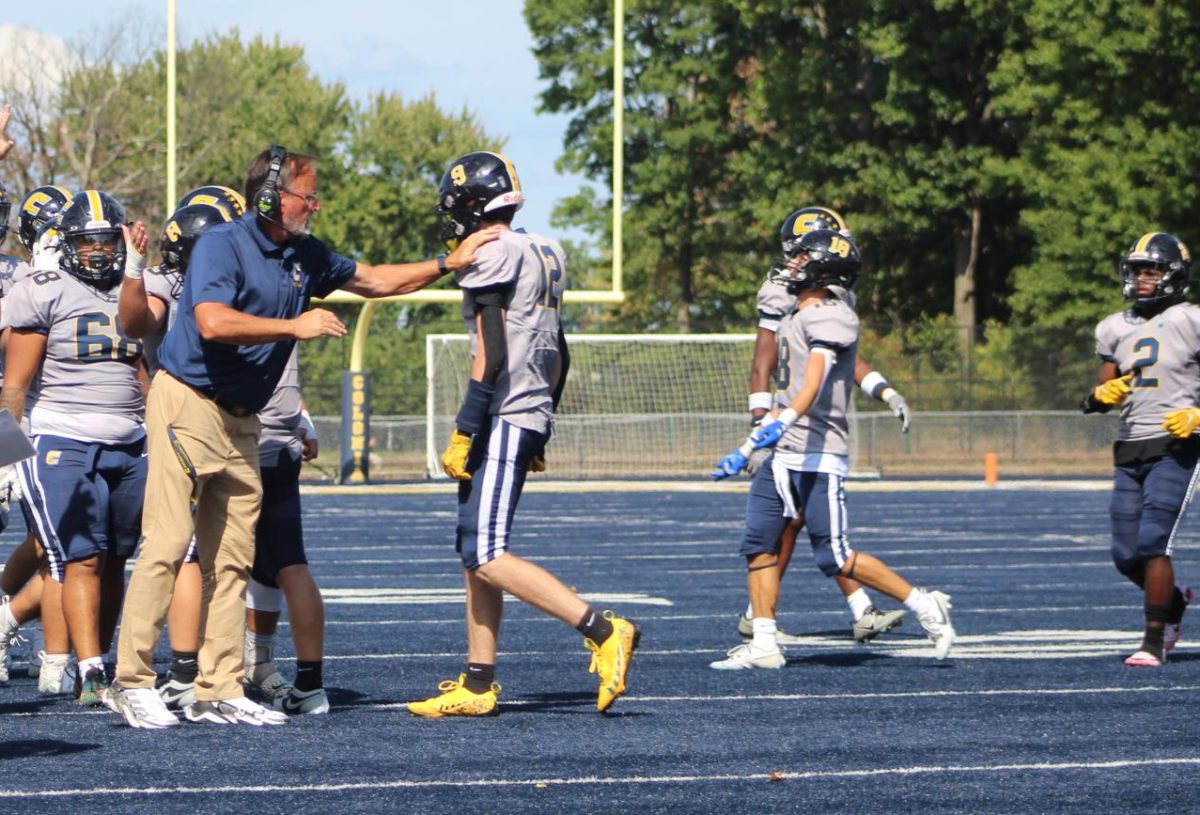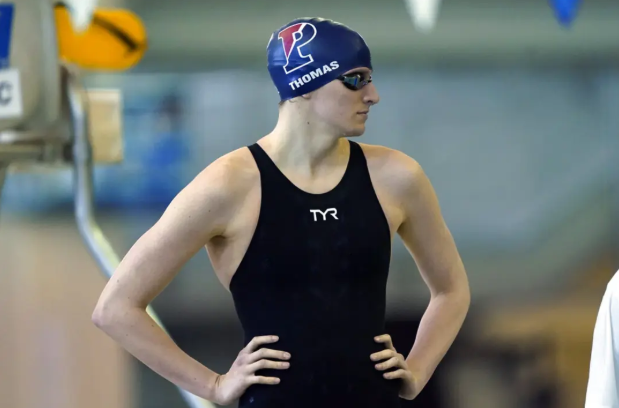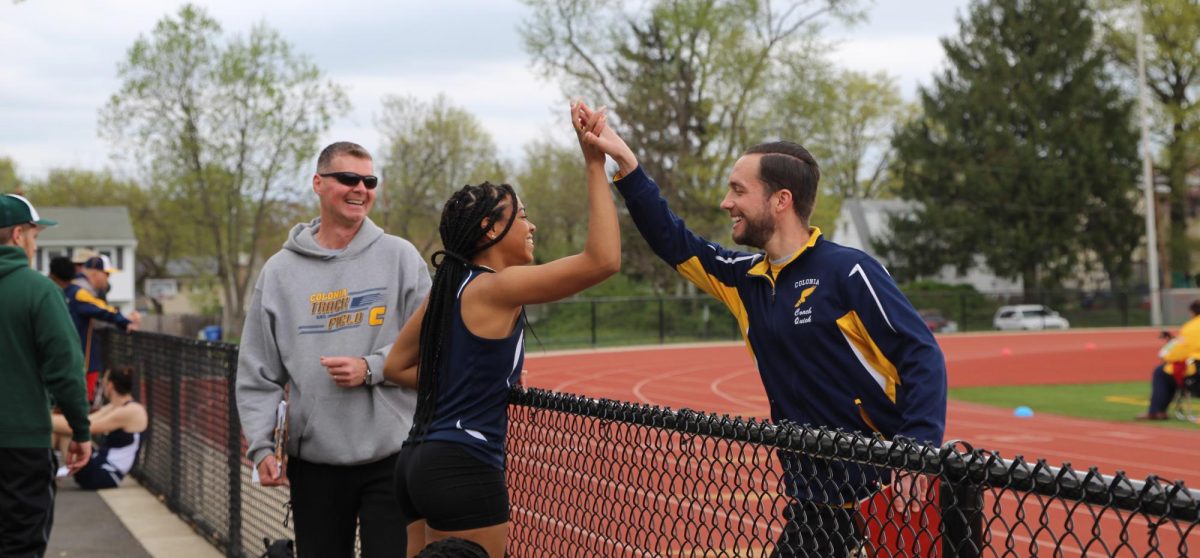The field of psychology focuses on how one’s mind works and how it can be improved. It covers all of the factors that may impact the way someone thinks and feels. This may include the social environment surrounding that person, the person’s past experience or the biological influences.
Sport psychologists are experts in helping athletes overcome issues in their life that are hindering their performance on the court, field or course. Some give athletes ideas that help them maximize their physical capabilities while others work with clients to overcome mental obstacles whether it be a traumatic experience, such as a death in the family, or social anxiety that is affecting their confidence, which incidentally causes a decrease in production. Other athletes might need help being a leader in their sport or communicating with teammates or accepting a coach’s criticisms.
Athletes aren’t the only ones who seek psychiatric help. People from every profession could use help in performance. One of the best examples of this are doctors. Since they deal with a lot of high stress situations, they require a lot of mental toughness to perform properly. Doctors may need help gaining the confidence to return to the operating room after a traumatic experience like losing a patient. Even actors or comedians may need support following a poor stand up or receiving a bad performance review.
How sports psychology effects athletic performance
Athletes, especially those in high school or college face many distractions in the classroom or simply in their personal social life. Focusing on the game or race can be difficult when there is so much more going on in someone’s life, the mind can easily wander. This can result in poor performance, and it may even cost them in the moment.
Psychologists can work with athletes on techniques to develop more focus and teach them to block out distractions and focus solely on the moment. They can do this by showing them mindfulness, deep breathing exercises and teaching them to remain in tune with bodily signals and sensations.
For high school athletes trying to make it to the next level, sports can be extra stressful. Whether they are trying to impress scouts, playing for college teams, or even joining the major leagues or advancing to the professional level. There can be a lot of pressure and this can take a major toll on an athlete. Stress can lead to burnout and cause them to be less productive and even lose passion for the sport. Psychologists can focus on teaching athletes to cut out distractions, build their confidence and help them stay determined.
Sports are bigger than just winning the next game. Helping athletes learn how to set realistic goals and how they will accomplish those goals can help them improve performance.
Setting realistic goals is an imperative skill to learn when it comes to improving as an athlete. This can be both short-term and long-term.
Visualizing and deciding how they will get there can help motivate athletes and maintain focus. Focusing on goals can also help alleviate stress and anxiety in the game or race.
Playing sports can be exhilarating and stressful at the same time. There will be plenty of times when athletes will question if playing the sport is worth it. There will be times when they are disappointed in their performance, and feel lonely when they’re away from friends and family.
By building mental toughness, athletes can learn how to handle problems without letting it bring them down. This can further teach them how to perform under pressure in the worst of times. This is done by learning to believe in their own ability to thrive in the face of setbacks.
A lot of sports involve teams and require athletes to work with each other to succeed. By learning to work as a team, athletes learn to rely on others for help. This can cause them to develop a relationship with their teammates. It’s important for them to learn they can depend on those around them and draw on motivation from their teammates.
It can be difficult to stay motivated in sports given all the setbacks, distractions and adversity. There are techniques sports psychologists can teach athletes to help them power through all of the obstacles. This can be as easy as reminding them of external factors such as social recognition, medals, or scholarships.
There are also internal motivators, including pride of accomplishments and the satisfaction of achieving a difficult goal.
Helping athletes develop their motivation can help them push through difficult times. When they do something incredible, it can serve as a reminder they can do this when future hardships appear. It can also remind them of why they started.
In all of these ways, tapping into the potential of one’s mind and mental toughness is important. This allows individuals to maximize resilience skills and perform at their best.










